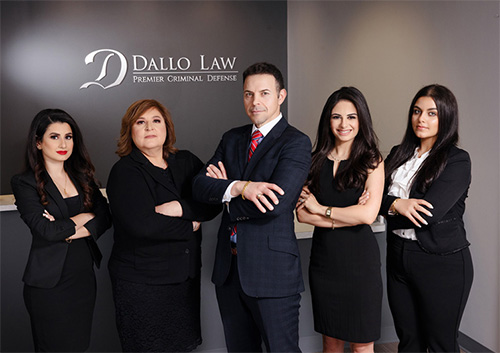Whether you are charged with a misdemeanor or a felony, you will be “arraigned” before a judge. An arraignment is when you will go before a judge for the first time. Depending on your situation, you may be arraigned either in court or through video conference from jail. During your arraignment, the judge will read the formal charges against you and it is an opportunity to discuss bond (if you’re in jail). A good attorney will be able to help you right there – to explain what those charges mean and to help negotiate your bond.
Misdemeanor Arraignment
At an arraignment for a misdemeanor, you will have the opportunity to plead guilty, not guilty, no contest, or stand mute (which, to the court, is synonymous with a “not guilty” plea). If you choose to plead guilty or no contest to your charges, the presiding judge might choose to hand down a sentence on the spot or schedule a sentencing hearing. Otherwise, a plea of not guilty means that you will attend what’s called a pre-trial conference, which is a meeting between you and your attorney and an assistant district attorney or prosecutor.
The purpose of the pre-trial conference is the judge’s last attempt at encouraging a plea deal so the court can avoid the time and expenses of a full criminal trial. If this hearing does not produce a guilty plea, then a trial for your misdemeanor begins.
Felony Arraignment
During an arraignment on felony charges, you are not to enter a plea. If you do wish to plead guilty or no contest, then you may do so at what is called a “probable cause conference,” which is usually held about seven days after your arraignment. If you plead not guilty at this hearing, the prosecutor and your attorney (on your behalf) might attempt to negotiate a plea bargain. If one is not reached, then you will head to another pre-trial hearing called the “preliminary examination.” At this hearing, the prosecutor is tasked with persuading the judge that probable cause exists and is sufficient to charge you with the alleged crime in question. The exam is like having a mini-trial in district court.
Common Threads
Whether you are charged with a felony or misdemeanor, the arraignment is your formal opportunity to hear the charges against you. The District Court judge will explain the possible penalties associated with your criminal accusations, advise you of your rights, and possibly set your bond. It is absolutely imperative that you retain the services of an experienced and knowledgeable criminal defense attorney before your arraignment so you start off on the right foot right away.
Conclusion
Attorney J Dallo understands the emotions you’re experiencing at your arraignment, especially if this is your first foray with the Michigan criminal justice system. Rest assured that when J. is your lawyer, he and his team will aggressively defend you against your charges and leave no stone unturned when it comes to your defense.
Our firm has a high rate of success with high-asset clients who have the resources to mount a fierce defense in and out of court. To discuss your options today, contact us today.











